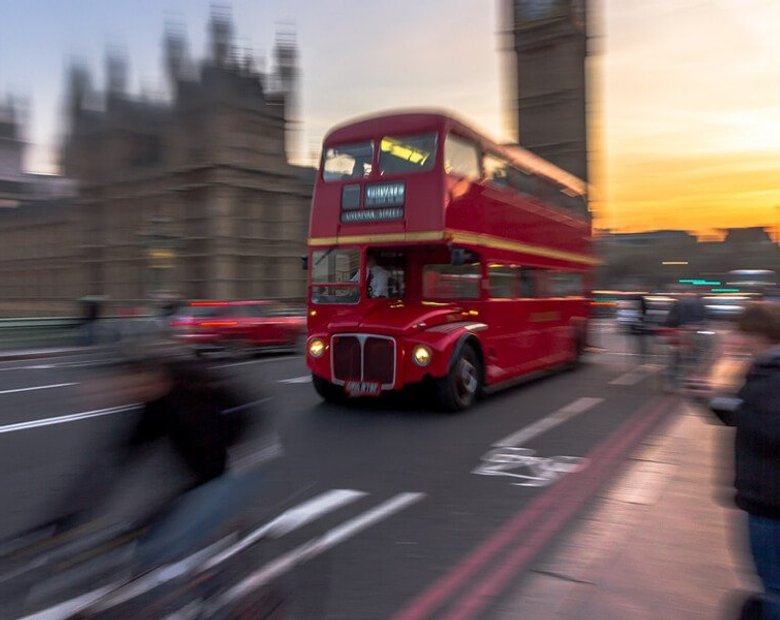The legality of electric scooters in the United Kingdom (UK) is a complex issue. Currently, it's illegal to use a privately owned electric scooter on public roads, the sidewalk, or cycle lanes. You can, however, use an electric scooter on private land with the landowner's permission.
There is considerable hope though that this might change soon as there are a number of e scooter trials underway across the UK, testing the safety and feasibility of legalising electric scooters.
But for now, before you hop on an electric scooter in the UK, we strongly advise you to check the latest regulations before you do so. You can find out more information on the government's website.
So, before we explore the law around the use of e-scooters in the UK, let's first explain what an electric scooter is...

What are electric scooters?
Electric scooters (like you don't already know) are a type of personal light electric vehicles that are powered by an electric motor and in most cases, lithium ion batteries, making them an eco-friendly mode of transport - a far more environmentally friendly option than cars or motorcycles - as they don't produce any emissions.
They can be small and lightweight, like the Unagi Model One, making them easy to carry around and store, as well as being more maneuverable in traffic. More specifically, they can be ridden on sidewalks, bike paths, and on roads.
Plus, in comparison to motor vehicles e.g. a car or a motorcycle, they're affordable - just check out our All Access Scooter Subscription, where you can rent the Unagi Model One Classic scooter from just $59 per month.
But back to the use of electric scooters in the UK...
Recent trials of rental electric scooters in the UK

In July 2020, the Department for Transport (DfT) launched a series of trials of rental electric scooters in 32 areas across England to test the safety and feasibility of allowing electric scooters to be used on public roads.
The trials were initially due to end in November 2021, but they have been extended several times, with the latest extension set to expire in May 2024.
The trials have been relatively successful, with over 14 million rental e-scooter trips completed by December 2021. However, they also highlighted some safety concerns, which means the DfT is still considering the future of electric scooters in the UK.
Some of the areas where electric scooter trials are currently taking place in the UK (the government is planning to expand the trials to other areas in the future):
- London: The London trial is being run by Transport for London (TfL). It started in June 2020 and is due to end in May 2024.
- Birmingham: The Birmingham trial is being run by Birmingham City Council. It started in September 2020 and is due to end in May 2024.
- Manchester: The Manchester trial is being run by Manchester City Council. It started in October 2020 and is due to end in May 2024.
- Oxford: The Oxford trial is being run by Oxford City Council. It started in November 2020 and is due to end in May 2024.
- Portsmouth: The Portsmouth trial is being run by Portsmouth City Council. It started in December 2020 and is due to end in May 2024.
While the future of electric scooters in the UK is still uncertain, the trials have shown that e-scooters have the potential to be a popular and sustainable form of transportation. For example, some of the key findings from the trials include:
- Rental e-scooters can be a safe and convenient way to travel short distances.
- E-scooters can help to reduce congestion and improve air quality.
- There is a need for more dedicated infrastructure for e-scooters, such as designated parking spaces and segregated lanes.
- The government needs to work with local authorities to develop clear and consistent rules for the use of e-scooters.
Why is the legality of electric scooters a hot topic?

In the UK, electric scooters are currently classified as a Personal Light Electric Vehicle (PLEV), which means they are not legal to use on public roads.
There are a number of factors that have contributed to the debate about the legality of electric scooters in the UK, these include:
- The potential for safety hazards: Electric scooters can travel at speeds of up to 20 mph, which can be dangerous if they are not used safely. There have been a number of accidents involving electric scooters, leading some people to argue they're not safe enough to be used on public roads.
- The lack of dedicated infrastructure: There is currently no dedicated infrastructure for electric scooters in the UK, such as designated parking spaces or segregated lanes. This can make it difficult for electric scooter users to share the road safely with other road users.
- The potential for congestion: Elsewhere people have argued that electric scooters could contribute to congestion, especially in busy urban areas. However, as repeatedly shown in cities in the US where e-scooter use is legal in public, electric scooters can actually help to reduce congestion by providing an alternative to cars for short journeys.
The debate about the legality of electric scooters is likely to continue for some time. But, if the trials are successful, the UK government may legalize the use of electric scooters on public roads in the future.
The rules and regulations about using an e-scooter in the UK
In the meantime, if you own an electric scooter, you can only use it on private land, and you should make sure the scooter complies with all applicable safety rules and regulations:
- The scooter must have a maximum speed of 15.5 mph.
- The scooter must have a brake that can bring it to a stop within 6 metres.
- The scooter must have a white front light and a red rear light.
- The scooter must have a bell or other audible warning device.
- The scooter must have a plate or other marking that identifies the owner.
What are the penalties for using an electric scooter illegally?
The penalties for using an electric scooter illegally in the UK can vary depending on the specific offense. However, some of the most common penalties include:
- A fine of up to £300.
- Six penalty points on your driving license.
- Your scooter could be seized.
- You could be disqualified from driving.
In some cases, you could also face criminal charges, such as driving without insurance or driving without a driver's licence.
What counts as using an e-scooter illegally in the UK?
The specific offenses that could result in penalties for using an electric scooter illegally include:
- Using an electric scooter on a public road.
- Using an electric scooter on a pavement.
- Using an electric scooter without a helmet.
- Using an electric scooter that is not roadworthy.
- Using an electric scooter that is not insured.
How to use your e-scooter safely and legally in the UK
Some tips for staying safe and legal when using an electric scooter in the UK include:
- Only use your scooter on private land with the landowner's permission.
- Make sure your scooter complies with all applicable safety regulations.
- Wear a helmet.
- Be aware of your surroundings and obey the rules of the road.
- Do not drink and ride.
This is of course all subject to change, so before hopping on a scooter in the UK, even rental scooters, check the latest information.
The future of electric scooters in the UK
Overall, the future of electric scooters in the UK looks very promising. With the right mix of government regulation, technology, public acceptance, and infrastructure, electric scooters have the potential to become a major part of the UK's transportation mix:
- Government regulation: The government is currently considering making electric scooters legal to use on public roads. If this happens, it will be a major boost for the industry.
- Technology: The technology behind electric scooters is constantly evolving. As the technology improves, scooters will become more efficient, affordable, and user-friendly. We can also expect to see scooters that are more powerful and efficient, making them more suitable for longer journeys and for use in hilly areas.
- Public acceptance: Public acceptance of electric scooters is growing. As more people see the benefits of electric scooters, they are becoming more willing to give them a try.
- Infrastructure: The infrastructure for electric scooters is still in its early stages. However, as the popularity of electric scooters grows, there will be more investment in infrastructure, such as dedicated parking spaces and segregated lanes.







